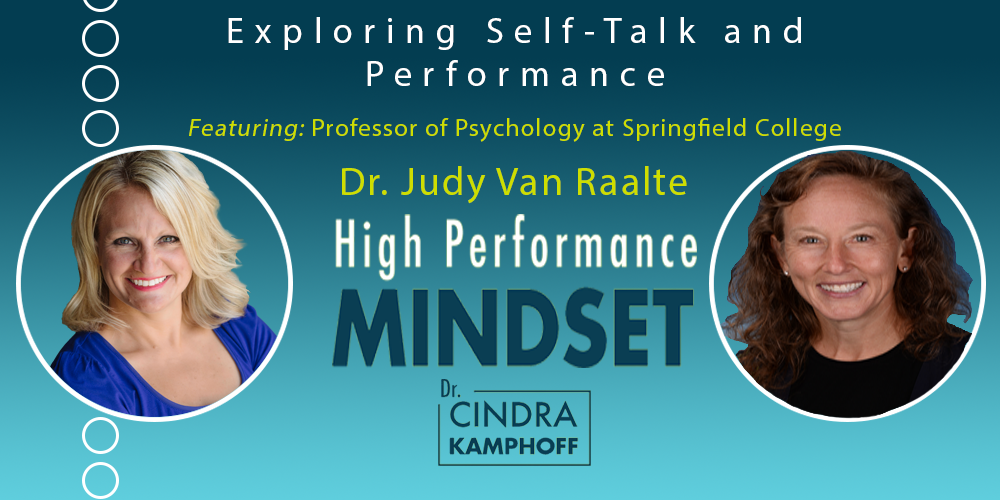Exploring Self-Talk and Performance, Dr. Judy Van Raalte, Professor of Psychology at Springfield College

Judy L. Van Raalte, Ph.D. is professor of psychology at Springfield College, Certified Mental Performance Consultant, and listed in the United States Olympic Committee Sport Psychology Registry. Dr. Van Raalte has presented at conferences in 18 countries, published over 100 articles in peer-reviewed journals on topics such as self-talk, transitions, and professional issues in sport and exercise psychology, and produced more than 20 sport psychology videos.
Her research has been funded by The National Institutes of Mental and the National Collegiate Athletic Association (NCAA). Dr. Van Raalte served as President of the American Psychological Association’s Division of Exercise and Sport Psychology (Division 47) and as the Vice President of the International Society of Sport Psychology. She is a fellow of the American Psychological Association, the Association for Applied Sport Psychology, and the International Society of Sport Psychology.
In this interview, Judy and Cindra talk about:
- The latest research on self-talk
- The connection between self-talk and self-esteem
- The impact of too much thinking
- Why we should consider what the negative self-talk is telling us
- How to find the right self-talk for you and others you work with
